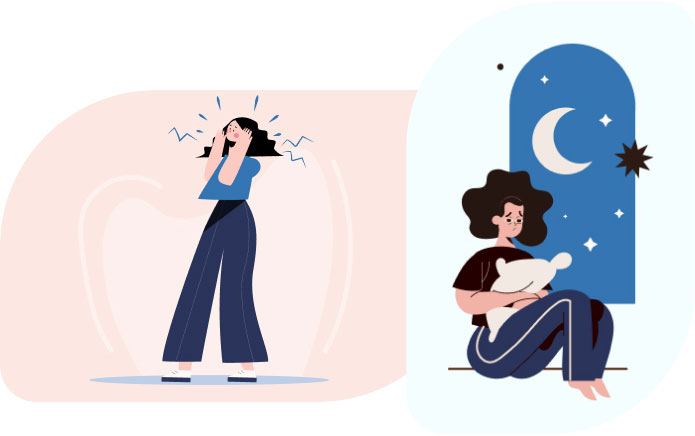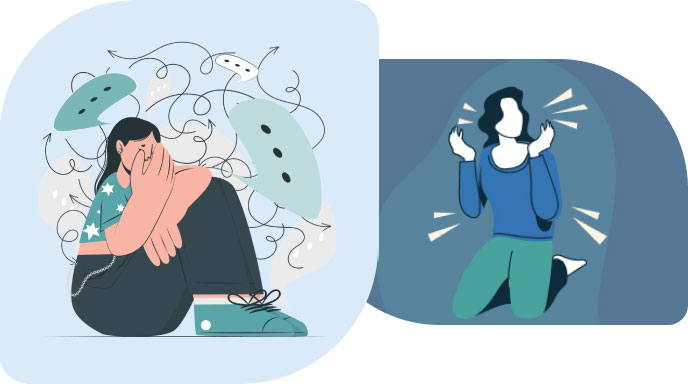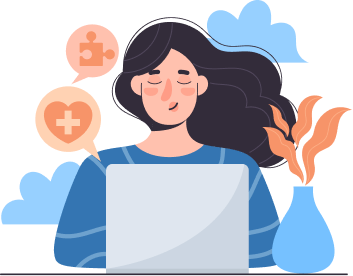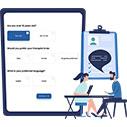What is trauma?
Post-Traumatic Stress Disorder or PTSD is often the consequence of trauma, a very stressful, frightening, or distressing event. Trauma can be of a violent nature, a sexual nature, it can even look like childhood neglect, the sudden death of a loved one, or even natural disasters.






